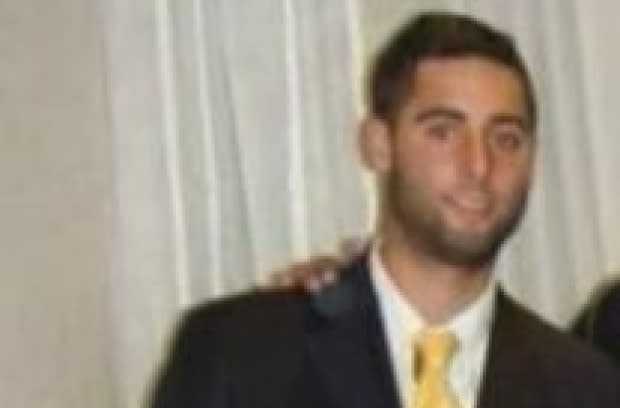Judge declines to rule in case on Ontario's definition of death
An Ontario judge has declined to make a decision in a controversial case looking at the definition of death in Ontario, after a fellow judge delivered a decision on a strikingly similar case in June.
Superior Court Justice Glenn Hainey declared the Shalom Ouanounou case moot in a ruling released on Sunday.
Over the past year, the cases of Ouanounou and Taquisha McKitty have both forced Ontario courts to weigh whether religious beliefs trump the accepted understanding of medical death.
Both cases concern young people who were declared brain dead, but whose families fought to keep them on life support, arguing they adhered to religious beliefs that stipulate a person is still alive as long as their heart is beating, and that to take them off life support violated their charter rights.
In June, Justice Lucille Shaw rejected McKitty's family's plea to keep her on life support, writing in her potentially precedent-setting decision that the medical profession establishes the guidelines that determine death.

"At common law, death includes brain death, and brain death is to be determined by medical criteria," she wrote.
That set the stage for Ouanounou's case to be declared by moot by Hainey, who wrote in his Nov. 11 decision that "the issues I must determine … have already been determined by Justice Shaw."
Ouanounou has since been buried
Ouanounou, 25, a devout Jew, was declared dead in September 2017, shortly after an asthma attack deprived his brain of oxygen. In November, his family successfully applied for an emergency injunction to keep him on life support, where he remained for months.
In early March, Ouanounou's respiratory and cardiac systems failed and he was declared dead again, this time by a Jewish doctor brought in by his family, and was buried after a Jewish funeral.
At that point, Hainey began examining the question of whether his case was now moot.
Over the course of the summer, Hainey then received written submissions from Ouanounou's family, doctors, and Jewish community groups, among others, and examined the McKitty decision.
"My decision on this application will add nothing to the jurisprudence concerning these issues," he concluded.
Family lawyer disagrees
The Ouanounou family's lawyer, Hugh Scher, doesn't see it that way.
He told CBC News he thinks the McKitty case, for which he was also the lawyer, is different than the Ouanounou case, in part because McKitty's case had also involved arguments from her family that she showed signs of life and therefore could not be dead.
He says the issue has not been conclusively settled for the segment of Ontario's Jewish population who subscribe to the belief that the only real death is the cessation of a heartbeat.
"For certain members of the Orthodox Jewish community, this is going to be an ongoing issue," said Scher.
He also argues that the fact that Ouanounou had two competing death certificates — one from September, and one from March — meant that the case's conflict was ongoing.
But Hainey's decision dismisses that as a "live controversy," writing that "no party has advanced an argument about what, if anything, turns on the fact that there are two death certificates."
Scher counters that the existence of two death certificates — one based on a religious definition of death, another on the accepted medical definition — indicates that the tension between religious accommodation and death remains unresolved.
Scher also noted that all parties in the case, including the doctors he was arguing against, had asked Hainey to make his own ruling on the issue.
McKitty's appeal has begun
An appeal of Justice Shaw's decision has been launched by the McKitty family, with a hearing set for December. In the meantime, Scher said, she remains on life support in hospital.
As for the Ouanounou case, he doesn't yet know if the family will opt to challenge Hainey's decision.
"Any appeal would only be dealing with the question of mootness ... so it doesn't really get to the heart of the matter," said Scher.
The Ouanounou family now has 30 days to decide if they want to move forward with an appeal.

